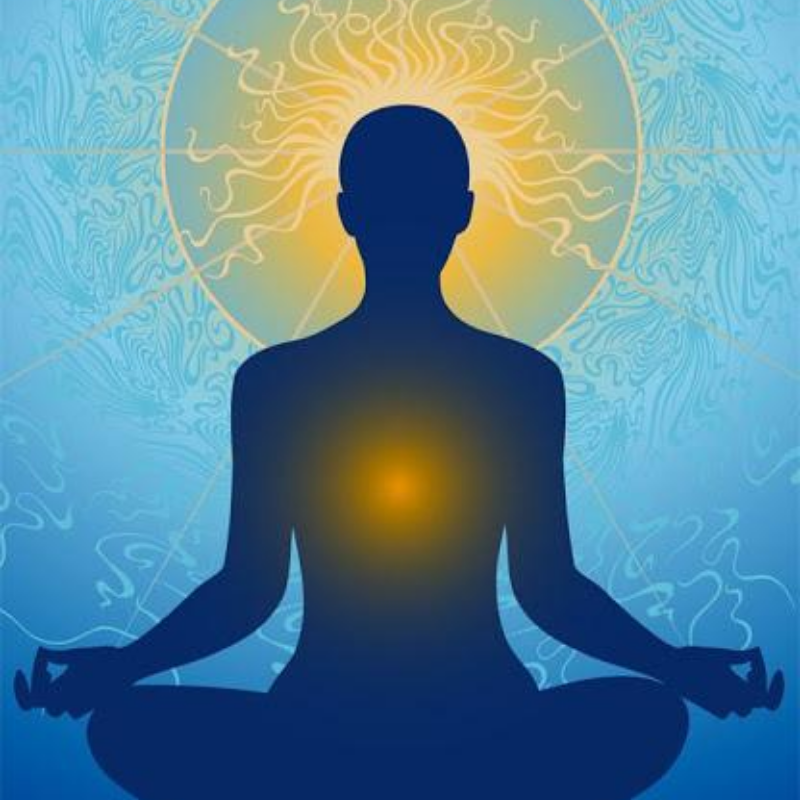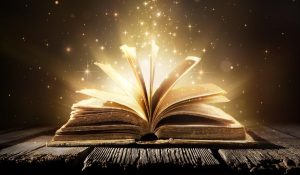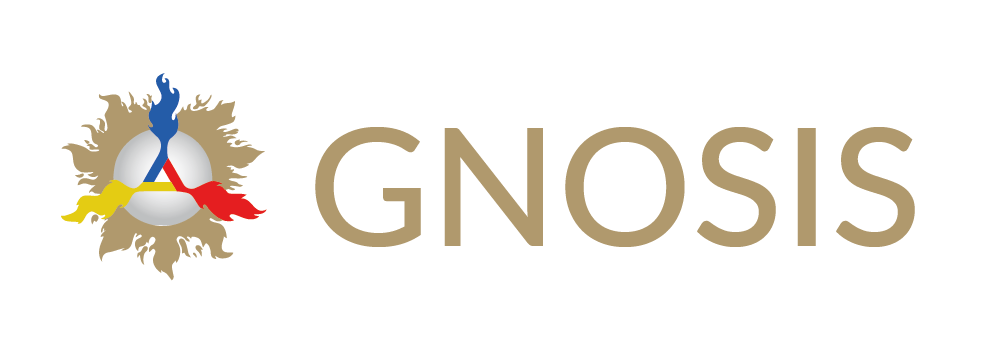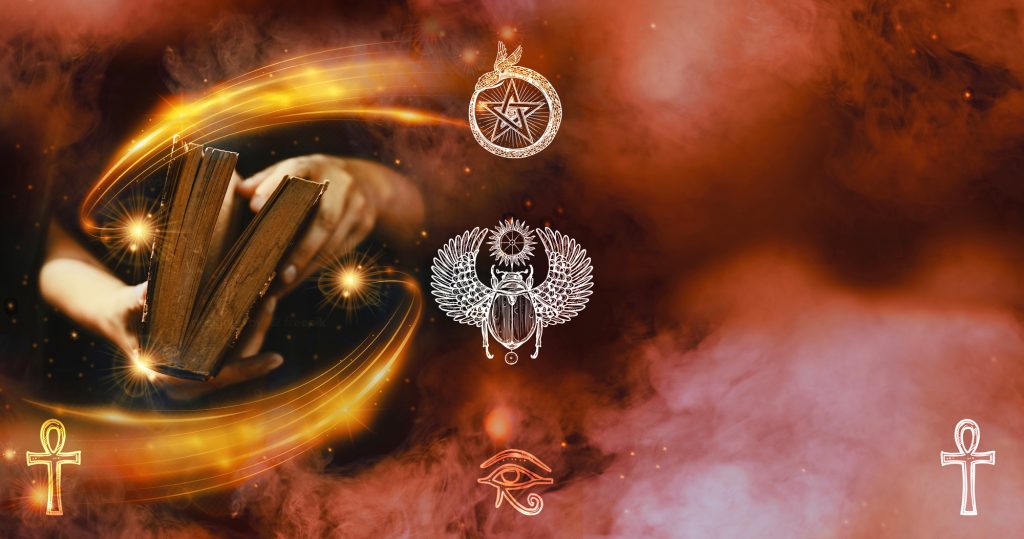
The Balance between Being and Knowing
26 October, 2020
Man’s inner faculties
22 February, 2021The Holy Books and the One Truth
What is the difference between the Koran, the Bible, the Book of the Dead, and all the scriptures of ancient wisdom? Is there a distinct truth for each people and each era? Or, rather, are all the holy books an expression of the one truth?
The fact is that if we were to ask a practitioner of any of the world’s religions questions like: What is the purpose of religion? Who or what is God? Why did he send a prophet, Master, etc?, we would receive similar answers.
If we were to take the trouble to study each of those sacred scriptures, we would be amazed at the similarities in their doctrine. And if we went deeper still, to what they really express, we would understand that the differences between them are merely adaptations to the culture of that society, to the time, to the need of the moment in which they arose, but that ultimately all of the holy books reveal a unique truth, the only truth from which they all emanated. Because they were written, not by the reasoning of a human mind, but through inspiration. The differences in their stories, in the way of teaching, are only logical, since the life of the ancient Maya is not the same as the life of ancient India, or in the Chinese, Egyptian, Greek, Roman culture, etc.
But, in order to begin to understand this, we need to free ourselves from the constraints of our own culture and to see the world and its history in a universal way. To understand the wholeness, the complementary nature, of the different civilizations that have existed, and to see that all of them are necessary, that all of them approach the truth from different directions, but that they all lead us there.

A Journey Through the Sacred Texts
The Torah:
For the Jews, the Torah, or Tanakh, is the holy book. Torah or Tanakh is what is known as the “Old Testament”. In it is found the Law of Moses, which is still practiced and taught by the Jewish people today. Moses is the main prophet of the Jewish religion.
In the Torah, one finds the cultural guide for the correct way of eating, the codes of how man should behave towards his fellow men, and the commandments of God for humanity. Within the Torah is the book of Genesis which tells of the creation of the world by God in 7 days. In the Torah is the crossing of the Red Sea by the Israelites. Also, their passage through the desert where for 40 years they endured hunger until, guided by their prophet Moses, they reached the Promised Land.
The Koran:
For Muslims, the Koran is the holy book. Studied in every mosque in the world, the Koran contains the teachings of Prophet Muhammad, or Mahomet.
Muhammad delivered his teachings in an oral manner from word of mouth. His disciples recorded his teachings on papyrus, leather, and palm leaves. Upon his death, all his teachings were compiled in the form that is used today.
Muhammad received the revelations he taught from the Angel Gabriel. The Koran is a text that places deep emphasis on monotheism, that is, on the belief in one true God. It prohibits idolatry as well as images of the prophets. It also speaks of the prophets of other religions and gives them the title of envoys or messengers of God. Among them are Jesus of Nazareth, John the Baptist, Noah, Adam, Moses, Abraham. According to the Koran, all the messages of the prophets have been identical and for all humanity.
The Bible:
For Christians, the Bible is the holy book. The bible as used today is composed of the Old Testament, and the New Testament. The New Testament refers entirely to the prophet, sent by God, Jesus of Nazareth, or Jesus Christ, in its first 4 books, called the Gospels.
The first is the Gospel of Matthew which begins with the genealogical line that begins with Abraham, father of Isaac, and culminates with Jesus of Nazareth called Jesus Christ.
At his birth, a star in the sky marks the birth of the King of the Jews, and guides the 3 Magi who go to seek him. King Herod also searches for the newborn child, but in order to kill him. So the family flees to Egypt and is kept safe until they can return when the King dies.
Jesus is baptized by John the Baptist, thus receiving the Holy Spirit. Then God is heard as a voice in heaven, saying that he is His sent Son. He is tested in the desert, where he fasts for 40 days, and the devil tempts him three times. When he returns, he begins a pilgrimage to each village seeking his disciples from among the Fishermen, and those who are listening to him.
The teachings of Jesus are highly revolutionary, exposing the absurdity of the customs imposed by the religious leaders of the time. Being persecuted by the same religious and spiritual leaders of that time, Jesus was the philosophical prototype of the true revolution, which in his words, is to fulfill the laws of God and the prophets.
Many Cultures, One Teaching
Among other existing works, which are still in use today, we find in India, the Bhagavad Gita. In Buddhism, the Tripitaka is the collection that contains some of the Buddhist texts that are read up to this day, and which were given by the Buddha himself.
All the sacred texts at heart give the same teaching. Because, as we have said, they were written through inspiration. They can be interpreted superficially or they can lead us to deeper and deeper levels of understanding. Whoever goes to that deeper understanding, begins to understand the aim of human existence. That goal is expressed in all of them. Where they differ is in the cultures and in the specific mission of each prophet, sage, teacher, envoy.
All of them speak of a people of God, a chosen people, that people is not found in an exclusive part of the planet, nor are they those who belong to this or that religion. But they are all those men and women, who fulfill the laws of God that are established in every one of those holy texts.
So, arguments about which is the true religion are meaningless. Because all of them have the same purpose, which is to reunite man with his God. To achieve the Re-ligare or religion. As the Buddha expressed it, “All religions are pearls strung on the golden thread of the divinity”.
To learn more about these topics sign up for our free and free online self-knowledge courses … Enroll-Free Online Course




